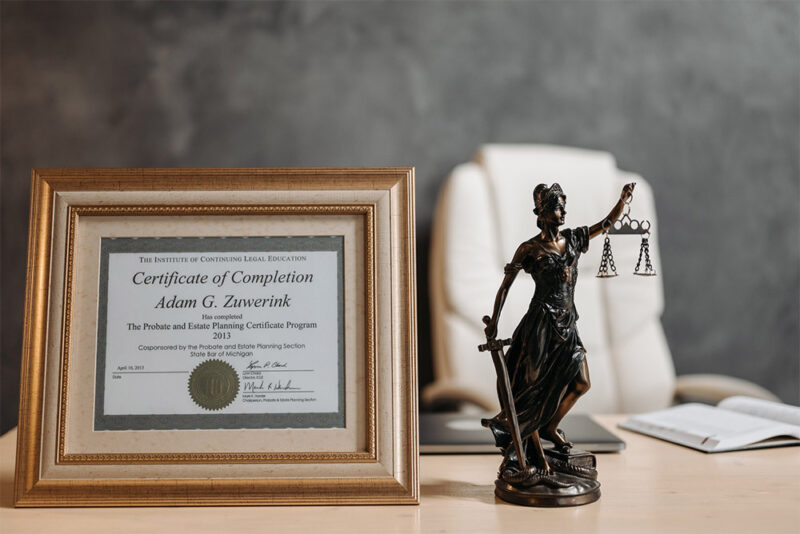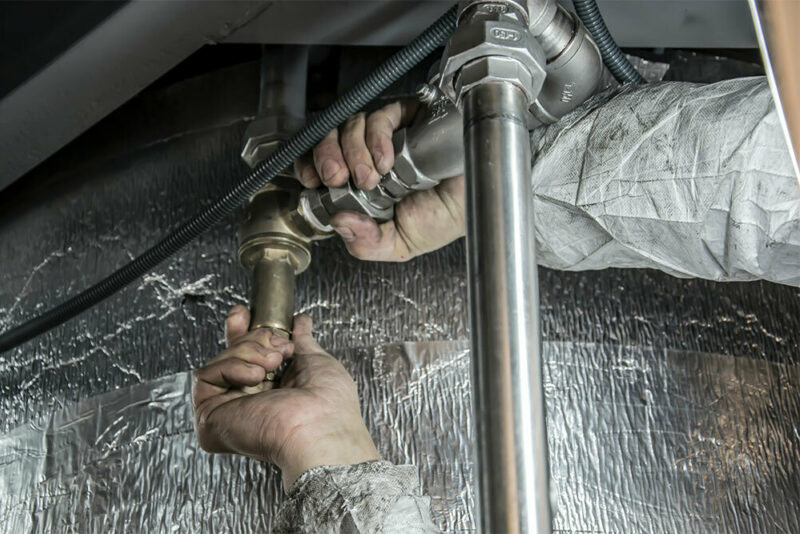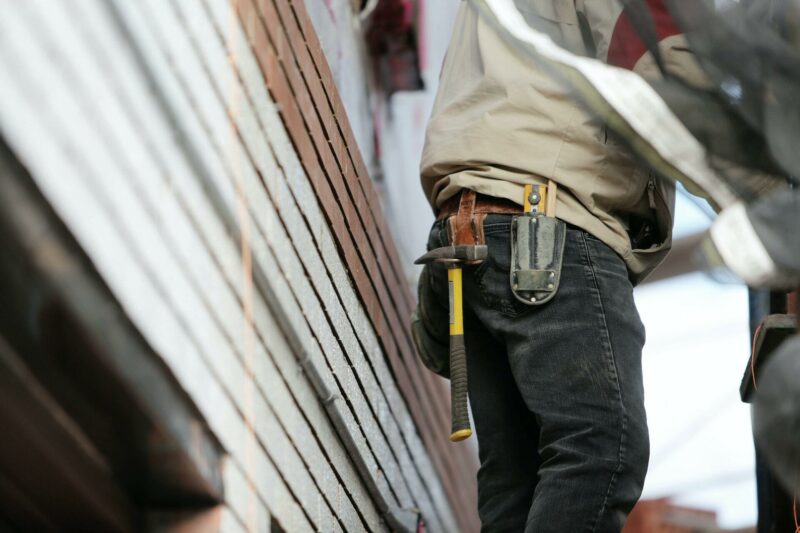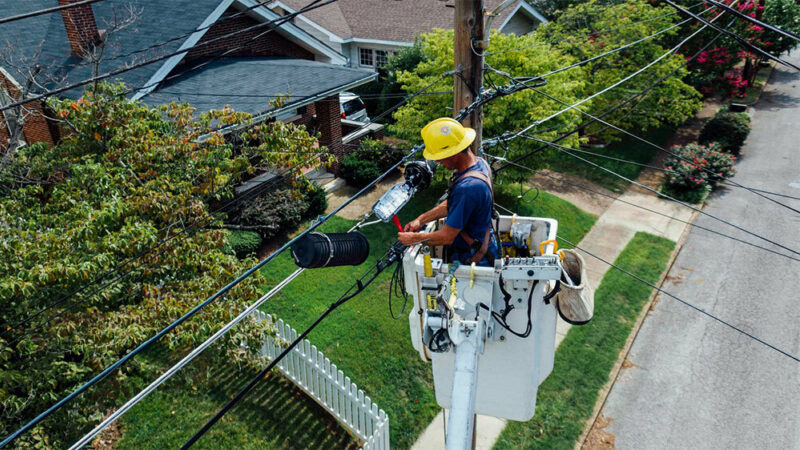Article Excerpt
An occupational license shows that someone has education or experience in a job. Which home repair professions require licenses, and which don’t?
If you consult a doctor or lawyer, you probably want some assurance that this individual knows what they are doing. Both jobs require a license from the state. While a license does not guarantee that a particular professional will do a good job, it tells you that they have met the state’s requirements for education and training. Other jobs do not ask for nearly so much trust from consumers, so they do not need licenses.
Home repair professionals perform important functions that require various levels of expertise. The State of Texas issues occupational licenses for some, but not all, home repair professionals. Even if someone does not need a license for their work, they may need another type of credential from a city or county. They might have a certification from a private organization that is similar to an occupational license, but not legally mandatory.
The following offers an overview of Texas licenses for home improvement professionals.
Why do trade licenses matter to you as a future homeowner?
An occupational license indicates that someone meets minimum standards set by a state agency. Even before you purchase a home, you’ll want an inspection. If the inspector finds problems, you’ll want to bring out a specialized tradesman to give an estimate for fixing or replacing it. This allows you leverage to negotiate the purchase price.
» READ MORE: What Happens During Home Inspections?
The specialized tradesman that you and your realtor choose need to be deeply knowledgeable in order to give an accurate quote. You don’t want to find yourself in a situation where you hired the cheapest roofer (or other specialist) and they only discover 10% of the damage.
» READ MORE: The 11 Qualities of Every Great Realtor
What’s the difference between licensing, certification, and registration?
Several types of credentials might be available for different jobs:
Licensing is the most restrictive type of credential. In a licensed profession, an active license is necessary in order to provide services to customers. Doctors, lawyers, and architects are examples of professions that require a license, along with the home improvement professions discussed below.
Certification is a special status given to individuals who have met criteria set by a government agency or private organization.
Registration gives the state a way to identify and locate a service provider in case a consumer complains about them.

Photo by Pavel Danilyuk on Pexels
Professions Requiring Licensing from the State of Texas
The Texas Department of Licensing and Regulation (TDLR) handles licensing for most home improvement professionals, with at least one exception.
Air conditioning and refrigeration contractors
The TDLR issues licenses for contractors who handle the installation, repair, and maintenance of HVAC and refrigeration systems. Several types of licenses are available, mainly based on the size of the system involved.
Electricians
The TDLR issues multiple electrician licenses, beginning with the Apprentice Electrician licenses. Other licenses include Journeyman Electrician, Journeyman Lineman, Master Electrician, and Residential Appliance Installer.
Mold assessors and remediators
Mold can be a serious problem in homes, leading to a variety of health issues. The TDLR issues a series of licenses for this type of work, including Mold Assessment Technician, Mold Remediation Contractor, and Mold Assessment Consultant.
Plumbers
The Texas State Board of Plumbing Examiners (TSBPE) handles licensing for plumbers. Licenses include Apprentice, Journeyman, and Master Plumber. In 2019, the Texas Sunset Advisory Commission recommended transferring the TSBPE’s functions to the TDLR. Legislation that would have done this failed to pass in the 2019 legislative session. For now, the TSBPE remains a separate state agency. The Legislature may revisit the issue in 2023.

Code enforcement officers
While you might not directly hire a code enforcement officer, they are an essential part of many home improvement projects. Any time you or a contractor has to apply for a permit, someone will have to inspect your property to make sure you are complying with all applicable building codes. This license, issued by the TDLR, offers some reassurance that the person visiting your home has training in the codes they are enforcing.
Professions That Don't Require a License from the State of Texas
Some home improvement professions do not require a license from the TDLR or another state agency. Other types of credentials might be required, though, such as registration with a local government agency. Some professional organizations offer certifications that, while lacking the force of law, indicate that an individual or business has met a high standard.
Builders
Homebuilders do not need a state license in order to practice their trade. Multiple designations are available from the National Association of Home Builders that provide recognition for skill and experience.
General contractors
The TDLR does not issue licenses for general contractors. However, local licensing agencies may require a license, registration, or a surety bond to work within a city or county. This is often the same local agency that issues building permits.

Photo by Life Of Pix on Pexels
Roofers
Roofers do not need a license from the state. But they may obtain a certification from a private entity, the Roofing Contractors Association of Texas. Although Texas doesn’t require a roofer’s license, many of our roofers have them.
Handymen
Unless a handyman is working on a system that requires a specific license, such as HVAC or plumbing, they do not need a state license. They might be subject to the same local registration requirements as general contractors, though.
Mortgage Lenders You Can Trust
Not only should your mortgage lender provide you funds to buy a house - they should also connect you with the best local real estate agents. These agents know who’s who in town. They’ll make safe and proven recommendations for home inspectors and home repair professionals.




